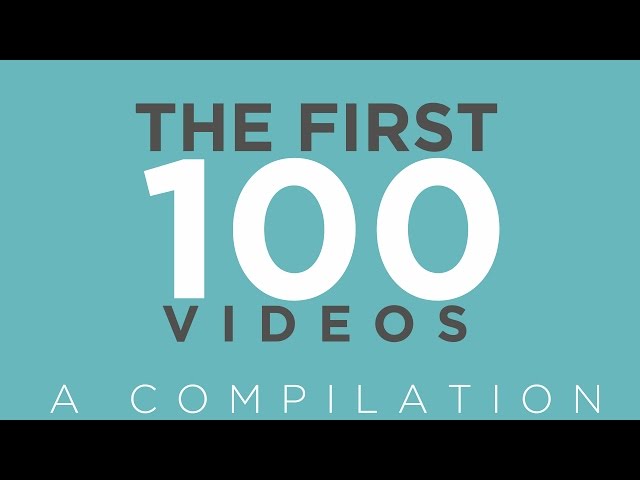Introduction
In recent years, live streaming has transformed the way audiences interact with events and content, making it more accessible than ever before. With the COVID-19 pandemic accelerating digital trends, live streaming has emerged as a critical platform for entertainment, education, and social interaction. As South Africans adapt to this shift, the importance of live events continues to resonate within communities and industries alike.
Growth of Live Streaming
The rise of live streaming platforms has been meteoric. According to a recent report by Statista, nearly 70% of South Africans have engaged with live streaming content over the last year. This includes everything from social media events, music concerts, webinars, and even virtual tours. As platforms such as YouTube, Facebook Live, and Twitch gain popularity, the diversity of content available has also widened, catering to various interests and demographics.
Impact on Different Sectors
Different sectors, including entertainment, education, and business, have embraced live streaming as an essential tool. For instance, the music industry has seen artists engaging with fans through virtual concerts. Major events like the Amapiano Live concert series have demonstrated how artists can maintain connection with their audience despite physical distance. For educational institutions, live classes have become the norm, allowing educators to reach students efficiently. Universities and schools have integrated platforms like Zoom and Microsoft Teams effectively, maintaining academic rigor amid challenges.
Challenges and Opportunities
While live streaming provides vast opportunities, various challenges persist. Technical issues such as poor internet connectivity and platform reliability continue to hinder user experience. Moreover, navigating copyright laws and monetization strategies remains complex for many content creators and businesses. However, overcoming these challenges can lead to enriched content delivery and innovative avenues for monetization, such as sponsorship deals and subscription models.
Conclusion
The future of live streaming in South Africa looks prominent, with continuous investments in technology and content creation. As we transition into a more digitized world, the ability to engage audiences in real-time will likely remain pivotal across all sectors. Live streaming not only offers enhanced interaction but also possesses the potential to democratize access to experiences—whether it be cultural events, education, or global conversations. South Africans are set to witness a growing array of live events shaping community connections and engaging audiences in unprecedented ways.


